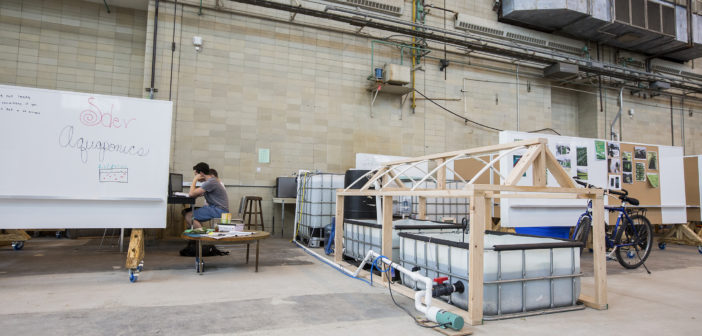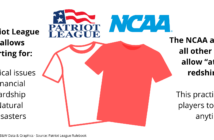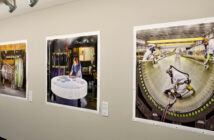Since 2013, the Mountaintop Initiative has provided students the opportunity to do research projects with faculty.
Building C, home to the initiative, remains relatively empty throughout the year. In the summer, it comes alive with activity.
Khanjan Mehta, the vice provost for creative inquiry and director for Lehigh’s Mountaintop Initiative, hopes to reinvent the program.
Mehta is expanding the program to give the projects proper time to reach their maximum potential.
“If you want to get something done, you cannot do that in a span of 10 weeks,” Mehta said. “It takes months and years to complete projects. We are working on multi-semester projects with teams passing down a project from semester to semester.”
This summer, Building C is being renovated to allow more space for students to use it in the future. Mountaintop took on fewer projects, from 22 last year to 14 this year.
Subsequently, the number of students working on projects decreased from approximately 100 students last year to about 70 students this year. The final number has yet to be decided as some faculty are still searching for research assistants for their projects.
In the past, students received a summer stipend for staying on campus to work on a Mountaintop project, but Mehta said the university cannot pay students to work on projects year round because it wouldn’t be a sustainable model. He is looking for alternate ways, such as class credit, to incentivize students to work on these projects.
In addition to lengthening the Mountaintop program, Mehta wants to expand it to Lehigh’s main campus. Mehta said he wants to build a series of creative spaces around campus similar to Wilbur Powerhouse.
“In these spaces, students are free to brainstorm, collaborate, Skype,” Mehta said. “We want to integrate the ethos of Mountaintop around campus and create more in-depth and compelling projects.”
Karen Pooley, a professor of practice and the director of the Environmental Policy Design program, is working on a Mountaintop project called “Improving the Walkability and Increasing Students’ Use of the South Side.”
Pooley said Mountaintop did an excellent job in allowing faculty and students to find each other and work on projects together.
“Mountaintop had a campus-wide mixer before the proposals were due,” Pooley said. “People were able to find others interested in similar projects to make the best projects possible.”
Despite the changes, Bill Whitney, the administrative director for the office of the vice provost for creative inquiry, said the interdisciplinary aspect and ethos is still at the core of the Mountaintop program. He thinks all Lehigh students should have the opportunity to experience Mountaintop during their Lehigh career.
“We want to cross boundaries between disciplines, culture etc,” Whitney said. “That is what Mountaintop is about.”






Comment policy
Comments posted to The Brown and White website are reviewed by a moderator before being approved. Incendiary speech or harassing language, including comments targeted at individuals, may be deemed unacceptable and not published. Spam and other soliciting will also be declined.
The Brown and White also reserves the right to not publish entirely anonymous comments.